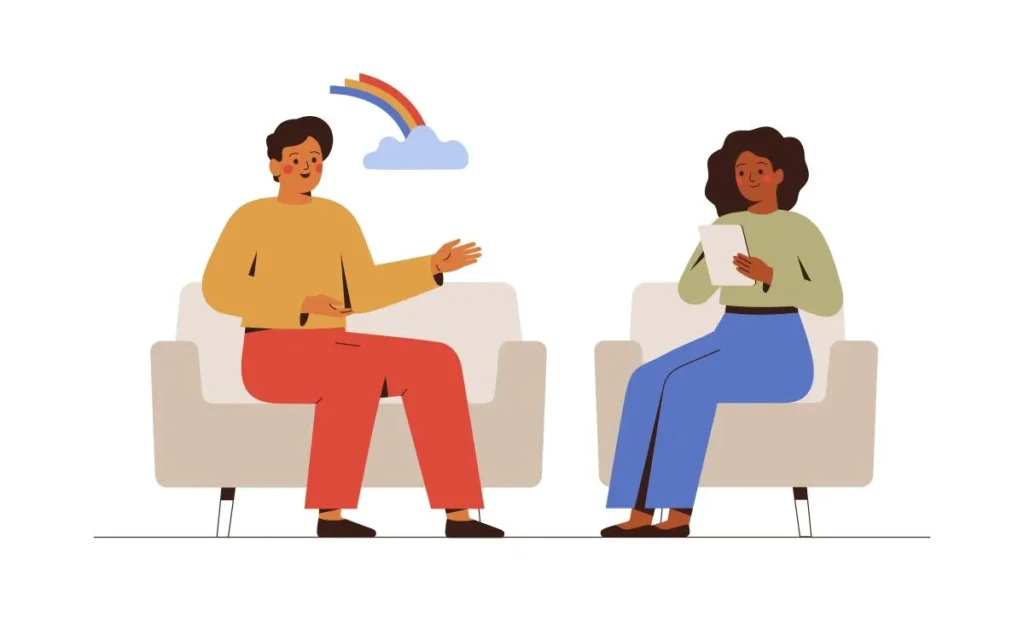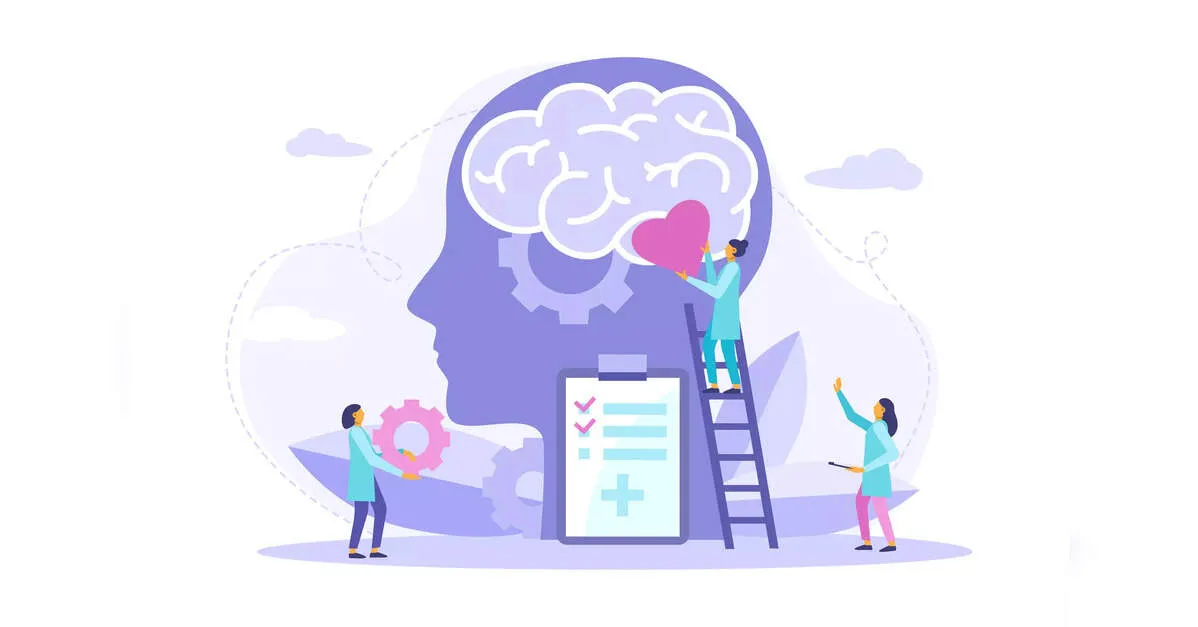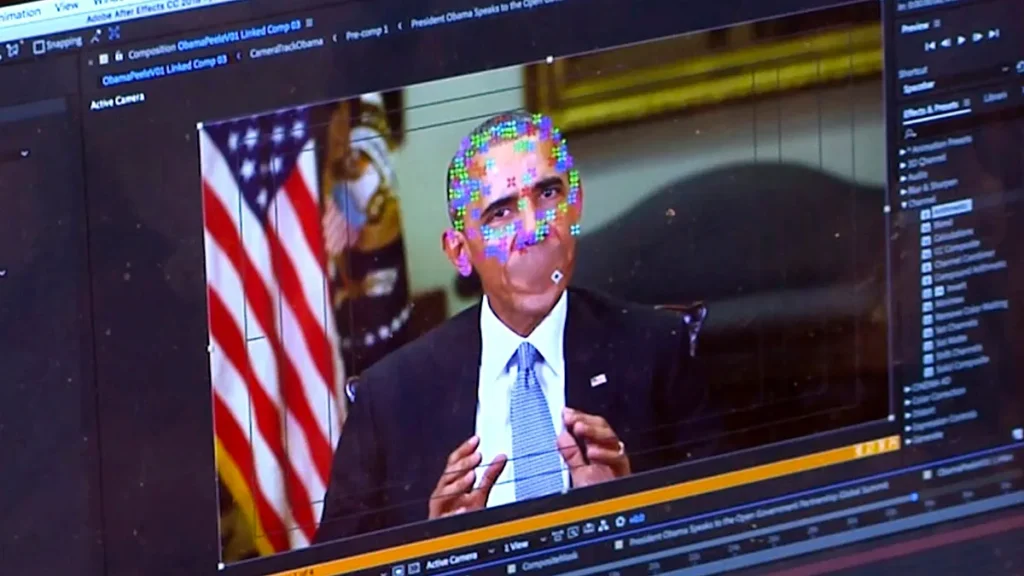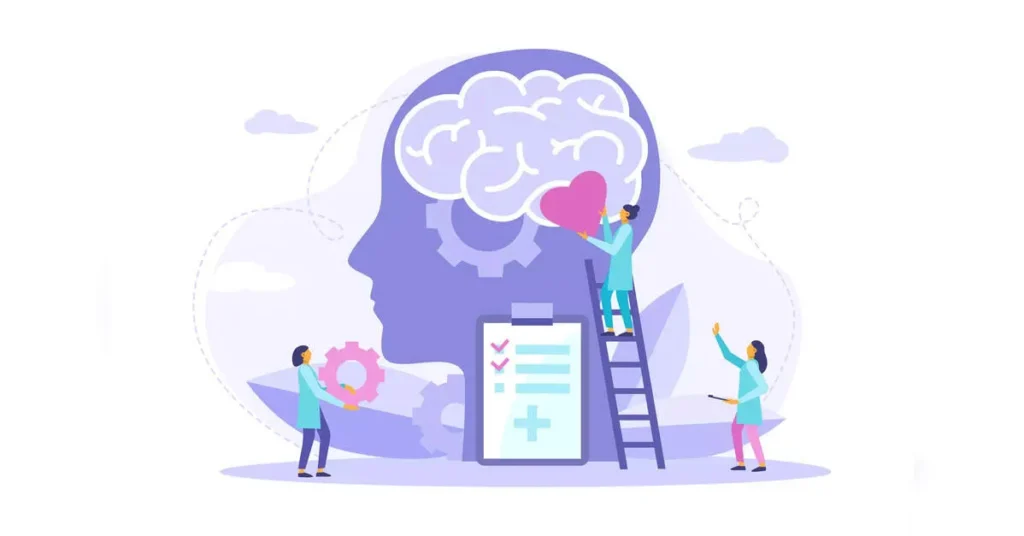In 2025, Gen Z—those born between 1997 and 2012—are facing a mounting mental health crisis. Despite being the most digitally connected generation in history, many young Americans are reporting record levels of anxiety, depression, and burnout. With school, work, social life, and entertainment all rooted in screens, many in Gen Z are turning toward a growing trend: digital detox.
Once considered a luxury retreat fad, digital detoxing has become a mainstream coping mechanism for overstimulated young adults.In a culture that demands attention all the time, Gen Z is looking for quiet, peace, and solitude through everything from app blockers to “dopamine detox” challenges to weekend retreats without phones.
📉 The Mental Health Decline in Numbers
According to the 2025 U.S. Youth Wellness Survey:
- 71% of Gen Z respondents reported frequent anxiety
- 63% experienced symptoms of depression in the past year
- 53% felt emotionally exhausted by their digital life
- Only 27% said they felt “consistently mentally well” over a 30-day period
Psychologists and educators attribute this decline to digital overstimulation, online comparison culture, cyberbullying, doomscrolling, and a breakdown in face-to-face interactions.
📲 Living in the Feed: The Digital Drain
On average, Gen Z uses screens for 9.3 hours per day, primarily on social media apps like YouTube, Instagram, and TikTok.. The fast-paced, algorithm-driven nature of these platforms creates:
- A constant need for validation (likes, comments)
- Sleep disruptions from nighttime scrolling
- Increased FOMO (fear of missing out)
- Pressure to be “always on” and performative
Even educational content or “productive” time on screens doesn’t protect against the attention fragmentation and emotional fatigue caused by digital saturation.

🧠 The Psychological Toll: Tech and the Nervous System
Neuroscience studies in 2024 and 2025 have confirmed that constant exposure to digital notifications, scrolling behavior, and video shorts can trigger the brain’s stress response.
- Dopamine feedback loops make apps addicting
- Information overload leads to decision fatigue
- Reduced in-person connection impacts emotional regulation
- Blue light exposure disrupts sleep and mood cycles
The result? A generation that’s always connected but increasingly disconnected from themselves and others.
🌿 Enter the Digital Detox Movement
In response, Gen Z is embracing digital detox practices like never before. These include:
1. Screen-Free Weekends
Time-restricted or fully offline Saturdays and Sundays, often paired with journaling, nature walks, or analog hobbies.
2. Phone Lockboxes & App Blockers
Physical and digital tools that limit access to apps during specific hours, especially in the morning or before bedtime.
3. Mindful Tech Use
Setting daily screen time goals, disabling notifications, and using grayscale settings to reduce digital addiction triggers.
4. Digital Sabbaticals
Temporary breaks from all social media or technology—ranging from a few days to several weeks—often done during travel or school breaks.
5. Wellness Retreats
In-person, phone-free group getaways offering yoga, mindfulness, therapy sessions, and creative outlets without digital interference.
🧘♀️ Mental Health Benefits of Detoxing
Early adopters of digital detoxing report the following benefits:
- Better sleep quality and mood
- Improved attention span and memory
- Reduced anxiety and overstimulation
- Stronger in-person relationships
- Rediscovery of hobbies, journaling, or physical activity
Clinical psychologists have begun prescribing “tech-free time” as part of therapy regimens for Gen Z clients suffering from screen fatigue and mood disorders.
🧑🎓 Schools and Employers Take Note
Colleges, high schools, and workplaces have started experimenting with structured digital detox policies to support mental health:
- Some campuses offer “device-free zones” or assign screen-free homework days
- Employers provide mental health PTO that includes guidance on tech reduction
- New apps like “ClearSpace” and “Unplug” help young users track and limit device dependency
💬 Voices from Gen Z
“It’s not about hating tech. It’s about taking back control of my mind,” says Tara, 23, who recently completed a 14-day phone detox.
“My screen time went down, and my peace of mind went up. I had time to breathe,” adds Mason, a 19-year-old college sophomore.
Gen Z isn’t abandoning technology—they’re redefining their relationship with it, prioritizing mental health, mindfulness, and meaningful moments.
📈 What’s Driving the Rise?
The rise in digital detoxing stems from several overlapping trends:
- Growing awareness of social media’s harms
- Influencers promoting intentional living
- Mental health conversations becoming destigmatized
- A cultural shift toward mindfulness and simplicity
- Wearable data showing alarming levels of sleep and focus disruption
In 2025, digital detoxing isn’t a trend—it’s a response to cultural burnout.
🔮 Looking Forward: Balancing Tech and Humanity
As technology continues to evolve—through virtual reality, AI companions, and hyper-personalized feeds—Gen Z is poised to become the first generation to demand limits.
Experts suggest the future will belong to “digital minimalists” who use technology with intention and clarity, not compulsion.
And while tech is unlikely to become less integrated in life, Gen Z is reminding the world of a powerful truth: Silence, boredom, and stillness are essential for mental health.
FAQs: Gen Z, Mental Health & Digital Detox (2025)
1. Why is Gen Z’s mental health declining?
A combination of digital overstimulation, constant online comparison, social isolation, and economic pressure has contributed to rising rates of anxiety, depression, and burnout among Gen Z.
2. What is a digital detox?
A digital detox involves limiting or completely stopping screen use (especially social media and entertainment) for a specific period in order to improve mental clarity, reduce stress, and reconnect with the physical world.
3. How often do people detox?
Some people do weekly screen-free weekends, while others take longer breaks monthly or seasonally. Some adopt daily boundaries, like no phone use after 9 p.m.
4. Are digital detoxes proven to help mental health?
Yes. Clinical studies and self-reported surveys show improvements in:
- Sleep quality
- Focus and memory
- Mood regulation
- Emotional presence in relationships
5. Do I have to quit all tech to detox?
No. Detoxing is flexible. Some people remove only social media or streaming apps. Others limit notifications or use “Do Not Disturb” modes during certain hours.







